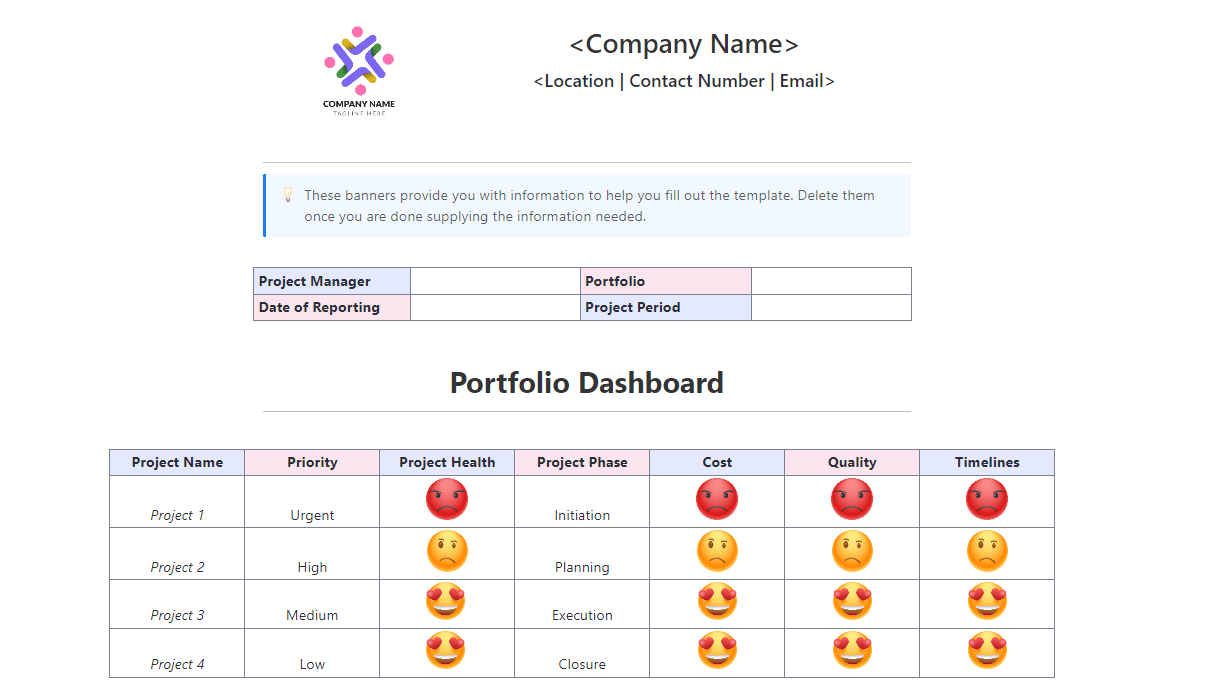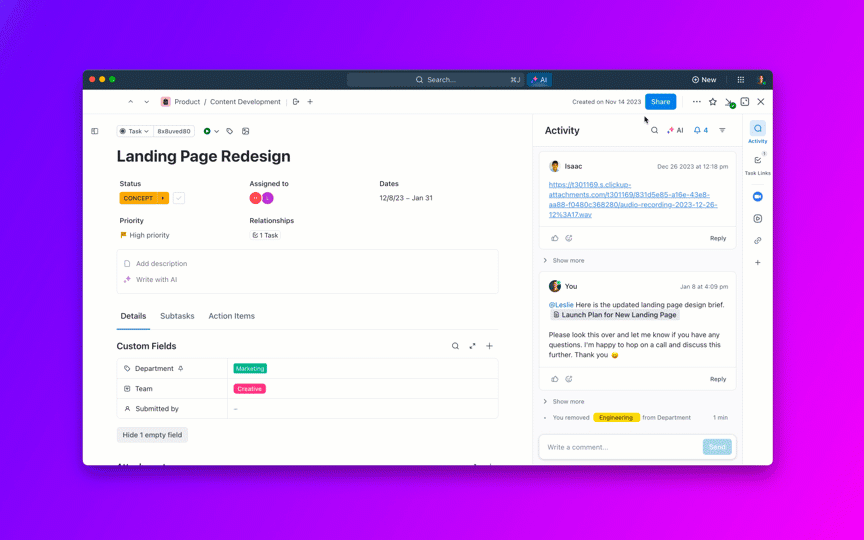Microsoft’s market value touched $4 trillion for the first time, becoming only the second U.S. company to cross the milestone, as investors reacted positively to stronger-than-expected quarterly earnings and growing momentum in artificial intelligence and cloud computing.
Shares rose more than 4% in early trading Thursday, with Microsoft’s valuation hovering just above or below the $4 trillion mark moment by moment. The company’s shares are up more than 28% over the past year.
Analysts’ comments were so effusive that they read like movie-poster blurbs.
- “I’ve been covering Microsoft for a while — I don’t think I’ve ever seen a quarter where everything came together this well,” said Keith Weiss, an analyst at Morgan Stanley, on the company’s earnings call.
- It was a “slam dunk quarter” as Microsoft “delivered a Scottie Scheffler-like performance,” wrote Wedbush analyst Dan Ives in a note to clients, continuing his recent habit of likening the company to the world’s top golfer — while mixing in a basketball metaphor for good measure.
- Microsoft Azure quarterly growth of 39% “crushed expectations,” wrote William Blair analyst Jason Ader in a note to clients, adding that the results “instill greater confidence in Microsoft’s expanding enterprise footprint.”
The $4 trillion milestone cements Microsoft’s position as the world’s second-most valuable company, behind Nvidia, which has seen the AI boom push its market cap above $4.4 trillion.
Azure revenue topped $75 billion for the year, up 34% annually from the prior year, driven by demand for AI services and “growth across all workloads,” Microsoft CEO Satya Nadella said in the company’s earnings release.
Microsoft plans to invest more than $30 billion in capital expenditures in the current quarter — a new high — as it expands cloud and AI capacity to keep pace with rivals Amazon and Google.
At the same time, Microsoft’s global headcount held steady at 228,000 over the past year. That reflected an initial round of layoffs in May, prior to larger cutbacks in July, even as the company continues to hire in some areas.
“Bottom line, Microsoft is exhibiting very strong cost control,” wrote UBS analyst Karl Keirstead, citing its efforts to keep its operating margins strong by managing its headcount even as it spends billions on AI infrastructure.
UBS analysts drew a connection between Microsoft’s rising capital spending and Azure’s accelerating growth. They noted that while the company attributed the gains largely to core, non-AI demand such as enterprise migrations, the two-quarter jump in Azure growth — from 31% to 39% — was “so material that we can’t help but wonder if Azure is getting an incremental boost from Microsoft standing up materially more GPU infrastructure.”
Microsoft is no longer disclosing the percentage-point contribution of AI to its cloud growth, saying that the distinction between AI and other cloud workloads is increasingly difficult to define.
RELATED STORIES
- Microsoft plans record $30B in quarterly capital spending
- Microsoft cut product R&D jobs, added operations roles over the past year
- Microsoft beats expectations, says Azure revenue tops $75B annually
- Internal memo: Nadella urges long-term thinking as Azure marks 15 years







-xl-xl.jpg)



